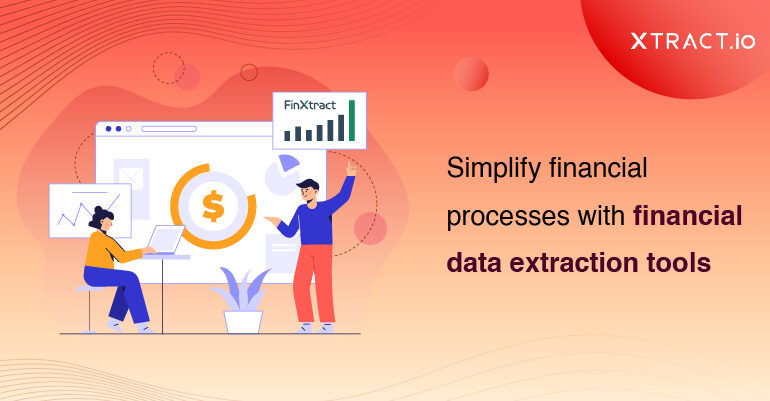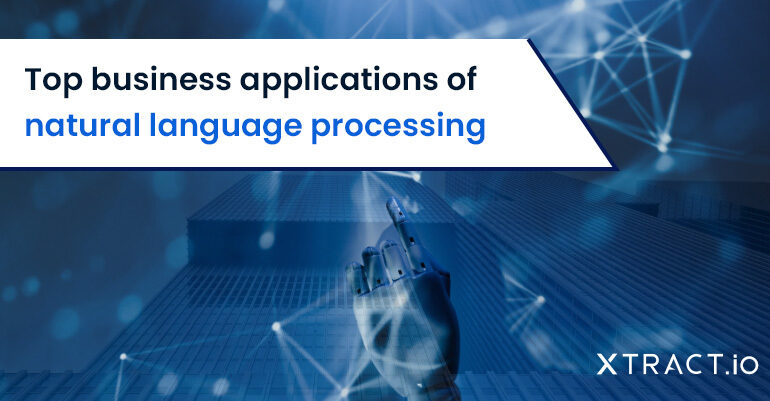ChatGPT buzz is riveting the digital bubble, so you must wonder what’s the big deal. So do we! The beta release of OpenAI’s Chatbot is spurring ongoing debates and engaging discussions on social media. Emerging AI technologies rapidly advance, leaving people amazed and concerned by their ability to answer questions, have casual conversations, write essays and poems, and even debug codes. Also, ChatGPT remembers the thread of your dialogues using previous questions and answers to keep the user informed.
Within a week of release, ChatGPT has hit over a million users, and the excitement of talking to this conversational AI chatbot is massive. But the creator OpenAI warns that the ChatGPT may occasionally generate incorrect or misleading information, which should be considered. At the same time, some are getting creative with the bot. Conversationalists continue to debate the potential risks around it. Here’s a brief story of OpenAI that tells you why chatGPT is the highlight of the hour and what’s going on.
What is OpenAI and its ties with Elon Musk?
OpenAI is an AI research and development company founded in 2015 by Silicon Valley investor Sam Altman, Elon Musk, Peter Thiel, and LinkedIn co-founder Reid Hoffman. As a non-profit whose mission is to promote and develop friendly artificial intelligence that benefits humanity.
In 2018, the company said in a blog post that Elon musk, CEO of Tesla, resigned from OpenAI to focus on improving Tesla AI technology that will eliminate potential future conflict. Later, on Twitter, Musk revealed the real reason for quitting OpenAI as “he disagreed with what the OpenAI team wanted to do.”
Before ChatGPT, OpenAI released the Gym platform in 2016, allowing researchers to develop reinforcement learning systems. Later, Universe was released, a toolkit for training intelligence agents across websites and gaming sites. In 2019, OpenAI launched a version of GPT2, pre-trained language models, followed by GPT3 in 2020.
In September 2020, Open AI announced a partnership with Microsoft, which saw great commercial and creative potential in its novel capabilities of the GPT3 model. Microsoft invested $1 billion and teamed with OpenAI to exclusively license the technology.
The same year, the company announced that it became a “Capped profit corporation” to take outside investment to raise abilities while serving its mission with a new profit structure.
Elon musk’s tweet “Scary good” about the phenomenon has prompted popularity. Users quickly questioned the distinction between bot-generated authoritative content and genuine human writing.
What is ChatGPT?
ChatGPT3.5 (Generative Per-trained Transformer) is an AI-powered chatbot released on 30th November 2022. This model is trained using Reinforcement Learning from Human Feedback (RLHF), a sibling of InstructGPT, which responds to instructions in a detailed manner. This machine learning model accumulates information from various sources on the internet and learns from human conversations.
The program promises to disrupt the way humans interact with the machine permanently. The dialogue format allows the bot to answer follow-up questions, acknowledge the mistakes, and refuse to answer inappropriate user queries.
OpenAI keeps the ChatGPT open to public attempts to learn its strengths and weaknesses in contact with reality.
OpenAI plans to release ChatGPT 4 next year, allowing you to integrate ChatGPT into your own software. After a certain point of use, ChatGPT will eventually be monetized.
ChatGPT Implications
Like many AI innovations, ChatGPT comes with limitations. The ChatGPT can offer reasonable yet wrong responses and is sensitive to phrasing changes that OpenAI considers challenging to fix. When asked a question, the model can claim not to answer or, with a slight rephrasing, can answer correctly. The answers can be authoritative, but they may be wrong.
In that case, Stack Overflow, a Q&A platform for programmers, temporarily blocked ChatGPT with moderators. Thousands of posts with frequently inappropriate and wrong answers surfed around as they were significantly damaging the site. Many continue to raise their viewpoints on ethical and societal risks and how they may imply commoners and programmers.
More than an AI chatbot! What else could it be?
Undoubtedly, users are sparking creative ways to put ChatGPT to good use. AI algorithm potential has become vast and exciting. It is highly expected to be used in commercial practices such as customer support, customer service, online content creation, helping programmers debug code, and digital marketing. Unlike a typical virtual assistant, it shows astounding capabilities to converse with dialogue and follow back, making it more arguably fun to use.
Some educationalists claim that ChatGPT can help solve math problems, do homework, and write better essays for students.
As a content writer, I am quite amazed at how quickly ChatGPT generates sensible-looking and tricky content. Literally, it writes stories on anything over the internet, even poems on democracy and many more. With its ability to write indistinguishable content from human writing, ChatGPT is more likely to dominate the AI content space.
Parallel to this, programmers are hyping how the chatbot can help them debug codes and write whole new software if it can access the source code from the internet, making their job easier. The chances are high for programmers, though it is a possibility. ChatGPT is still bound to the learning phase and requires human intervention. Subsequently, developers post the hilarious answers given by ChatGPT on forums and social platforms.
Another popular speculation was, ChatGPT is a rival to Google Search business. Similar to Google search, ChatGPT offers answers to user queries. Google, being the leader in the business, uses enormously intuitive algorithms to serve the most accurate content for the search intent, and this leads us to question the proximity of ChatGPT in becoming a rival to Google search. Keeping all that aside, we must wait and see how ChatGPT’s future plays out.
On a final note, ChatGPT is incredibly impressive, showcasing where the future of AI can get while it has more disturbing implications for human learning. However, the answers are a little bizarre, and things can get uncanny, especially when the chatbot makes too many mistakes, so be careful of what you trust.
If you have a minute and like to try it out. Sign up for a free account to ask questions in the text box, and look out for the bot to generate answers.







